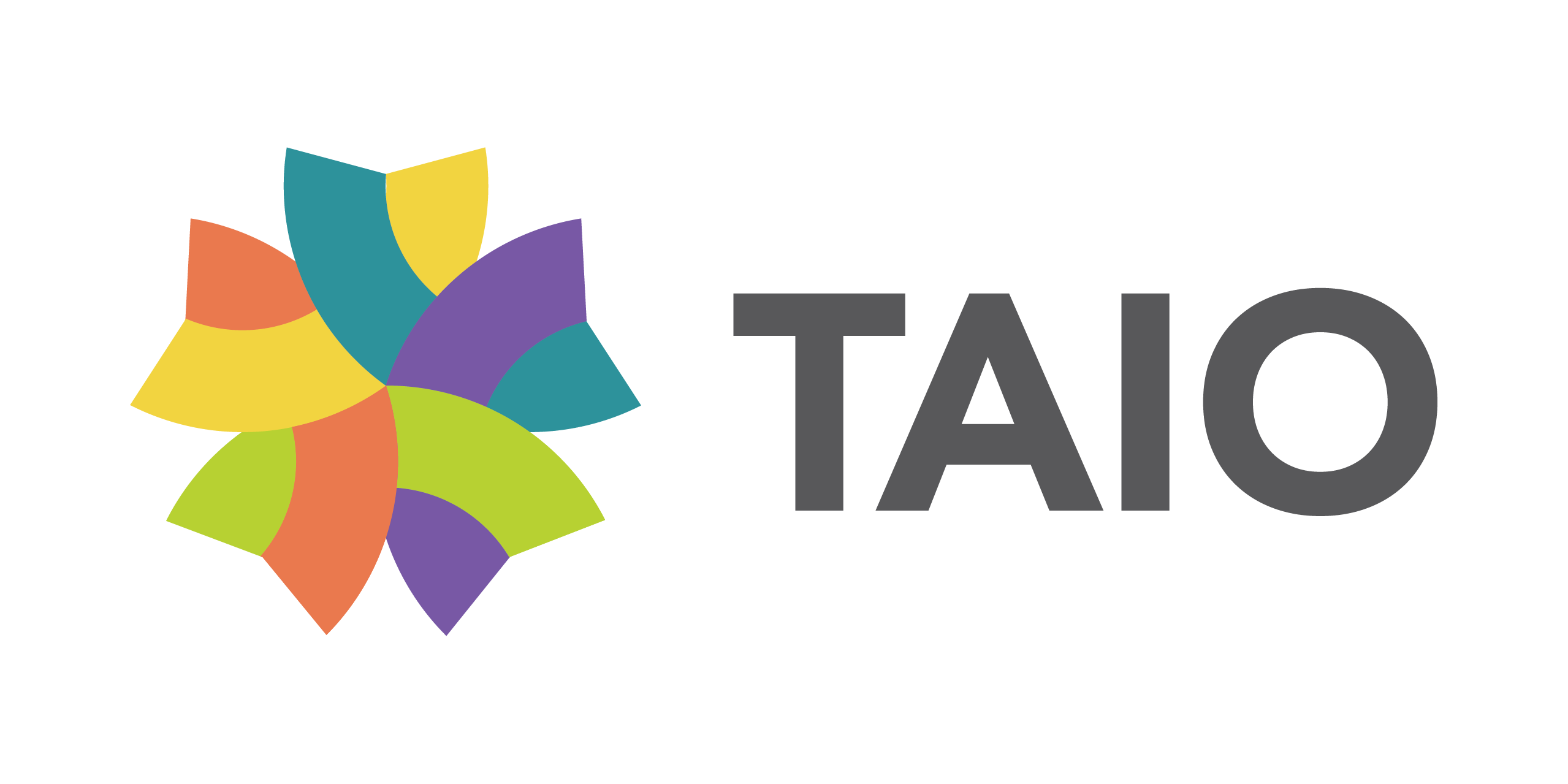Did you know prior authorizations can take several days or even a couple of weeks to be approved?
That’s when patients wait, claims pile up and your team wastes hours chasing approvals, delaying care and revenue.
This is where pre-authorization specialists step in. They secure approvals ahead of time, keeping treatments on schedule, claims reimbursable and your operations running smoothly.
And when outsourced, you save time, eliminate delays and get your operations back on track.
On this page
Key Takeaways
Pre-authorization specialists keep patient care on track. They verify coverage, submit and track requests, and ensure compliance, directly affecting claim approvals, revenue and patient satisfaction.
A weak authorization process strains your team, slows operations and disrupts patient care.
Outsourcing pre-authorization or prior authorization services gets approvals faster, cuts paperwork and keeps care moving.
Pre-Authorization Specialist for Health Care Providers: What Do They Do?
Pre-authorization specialists are the starting line of patient care, clearing approvals before providers can act.
Their role is to confirm coverage and secure prior authorization approvals before visits, tests or treatments are delivered.
Day-to-day responsibilities include:
Verifying coverage. Confirm a patient’s insurance benefits and policy specifics to avoid non-billable medical services.
Submitting authorization requests. Compile physician notes, treatment plans and diagnostics into prior authorization requests via portals, calls or fax.
Tracking approvals. Follow up with insurance companies to expedite approvals and escalate pending cases.
Ensuring compliance. Align all approvals with payer rules and CMS industry standards to reduce audit and claim denials.
Although these responsibilities may look like administrative tasks, they actually represent a high-functioning role that impacts medical practices, patient satisfaction and your revenue cycle management.
A single oversight, such as a missing field or an unsigned order, can impact your entire operation:
- Nurses can’t proceed with visits.
- Authorization requests get stuck.
- Claims are denied or delayed.
- Compliance risk escalates.
If this role is weak, the whole system pays for it.
Strong vs. Weak Authorization Process: The Impact on Claim Denials, Delays and Care Delivery
Here’s how authorization affects your day-to-day operations:
Impact Area |
With Strong Pre-Authorization |
With Weak or Incomplete Pre-Authorization |
|
Patient Care |
Health care providers deliver medical services on time; patients receive timely care. |
Visits are delayed, and missing patient information or medical history delays treatment. |
|
Billing & Claims |
Authorization process runs smoothly; prior authorization requests are submitted correctly. |
Claim denials and rework from insurance companies. |
|
Compliance |
Meets CMS industry standards, shows medical necessity and avoids risk. |
Missing medical records cause audits and unnecessary delays. |
|
Operations |
Teams focus on patients with streamlined processes and fewer administrative burdens. |
Time-consuming chases for signatures, updates or previous treatments |
With a dedicated team of pre-authorization specialists, you get faster approvals, fewer gaps and smoother handoffs across your agency. Without it, every oversight turns into an expense.
Let’s break down the four core functions of pre-authorization specialists and how they directly impact your operations and billing needs.
Verify Insurance Coverage Before Service Delivery
Every request starts with validating the patient’s insurance details. Experienced professionals confirm coverage, spot exclusions and prevent wasted time on non-reimbursable care.
Actionable tip:
Provide patients with clear communication upfront about coverage and potential unexpected costs, which builds trust and improves patient satisfaction.
Prepare and Submit Authorization Requests
From physician notes to diagnostic codes, every documentation must be compiled and sent to the insurer through the right channel: phone, portal, fax or email. Accuracy means faster approvals and less rework.
What can go wrong:
Missing fields, unsigned orders or inconsistent details mean insurers will request further information, adding days or weeks to your authorization process.
Track Requests and Follow Up Consistently
Insurers don’t always respond quickly. Specialists monitor pending authorizations, push updates and escalate issues so care isn’t left hanging.
Tools you can use:
- RPA bots and payer portal integrations to continuously monitor every authorization request. It is a cost-effective solution that raises your approval rate while cutting staff hours.
- HIPAA-compliant patient communication platforms (Klara, OhMD) to keep patients updated, improving patient experience and addressing key issues that lead to delays with any insurance company.
Ensure Compliance and Protect the Revenue Cycle
What to Look for in a Home Health Care Pre-Authorization Specialist?
If you want faster authorizations, fewer claim denials and smoother patient care, you need to look beyond credentials.
Years in health care don’t always translate to effectiveness. What matters is how consistently a specialist navigates payer rules, manages authorization requests and protects your revenue cycle.
Here are key factors to evaluate when choosing a pre-authorization specialist.
Criteria | Minimum Requirements | What to Look For |
Education and Credentials | High school diploma or equivalent; associate degree preferred | Relevant health care education, certifications (e.g., Prior Authorization Certified Specialist) and familiarity with payer rules and CMS guidelines |
Home Health Care Experience | 1–2 years handling authorization requests | Experienced professionals who understand payer rules, Medicare/Medicaid policies and nuances of home health documentation |
Authorization Process and Efficiency | Basic knowledge of prior authorization workflows | Can continuously monitor requests, track approvals throughout the process, work with a dedicated team, improve approval rate, meet billing needs and complete authorizations on time |
Communication and Patient Experience | Clear verbal and written communication | Maintains clear communication with clinicians, insurers and patients to enhance patient experience |
Problem-Solving and Custom Solutions | Ability to follow procedures and resolve issues | Delivers tailored solutions, identifies delays, escalates issues and implements practical process improvements |
Compliance and Accuracy | Follows payer rules and CMS standards | Ensures documentation aligns with regulations, reduces denials, prevents hidden fees, safeguards revenue and supports a cost-effective solution for your agency |
Expert tip:
Ask candidates to describe a time they handled a challenging prior authorization request. Have them explain how they navigated the authorization process, coordinated with health care providers and insurance companies and used prior authorization services efficiently.
This reveals two things:
- Proactive problem-solving – You’ll see if they take responsibility for the prior authorizations they manage and follow them through the entire process.
- End-to-end understanding – It shows whether they grasp the entire process, from documentation to approval, and can implement cost-effective solutions that protect revenue and improve patient experience.
Pre-Authorization Specialist Cost: Rates, Outsourcing Options and the Right Fit
Pre-authorization specialist rates depend on experience, familiarity with prior authorization services and how much of the authorization process you expect them to manage.
Agencies may hire freelancers, an outsourcing agency or specialized prior authorization solutions to handle workflow complexity, insurance verification and coordination with multiple insurance providers.
Below, we’ll break down the factors that influence rates, your hiring options and show how the right setup delivers a cost-effective solution.
What Drives Pre-Authorization Specialist Rates in the Health Care Industry?
Rates for pre-authorization specialists vary, and the differences often come down to the mix of skills, scope and where you source talent. Here are the biggest cost drivers for health care providers:
- Experience and specialization
Specialists with deep knowledge of the authorization process, payer rules and coding cost more but reduce claim denials and ensure compliance.
- Technical proficiency
Specialists skilled in Electronic Medical Records (EMR) systems like Epic, Cerner, Athenahealth, and payer portals like Availity and CoverMyMeds, process requests faster, reduce errors, prevent hidden fees and boost efficiency.
- Compliance knowledge
HIPAA, CMS and payer-specific expertise lowers risk. Skimping here can cost you more later on.
- Location and hiring model
U.S.-based specialists typically command $35–$60/hr, reflecting local labor costs and demand. Global talent, often engaged through agencies, falls within the $12–$30/hour range, depending on specialization and coverage hours.
- Scope of work
HIPAA, CMS and payer-specific expertise lowers risk. Skimping can create costly mistakes.
Outsourcing Options: Freelancer vs. Agency for Health Care Providers
As patient volumes rise and payer requirements tighten, even the most efficient in-house teams can hit capacity. Pre-authorization or prior authorization is detail-heavy and unforgiving when it comes to errors.
Outsourcing helps health care providers maintain accuracy, reduce turnaround times and ease the administrative load on clinical teams, without sacrificing compliance or patient care.
Choosing between hiring a freelancer and an outsourcing agency depends on your scale, oversight and continuity needs.
Here’s a side-by-side comparison table that you can refer to:
Criteria |
Freelancer |
Outsourcing Agency |
|
Cost & ROI |
Lower upfront. Good if you just need help with a few prior authorization requests. |
Higher upfront costs. Includes structured support, which can drive long-term ROI with fewer delays. |
|
Oversight |
You directly manage them. For example, checking status updates or correcting errors in claims. Quality, availability and commitment vary. |
Agency manages end-to-end, with supervisors and QA teams ensuring requests move forward without constant provider oversight. |
|
Scalability |
Limited to one person. If volume doubles, you’ll need to hire another freelancer. |
Designed to grow. Agencies can quickly add staff if your request volume spikes. |
|
Technology |
Basic use of payer portals or EHR logins |
Advanced setups: dashboards, KPIs and alerts to track denials, turnaround times and compliance. |
|
Best For |
Smaller practices handle low-volume, hands-on operations. |
Growing providers, home health agencies or multi-payer organizations managing high volumes. |
What’s the Best Hiring Option for You?
The right setup depends on your internal capacity, your tolerance for oversight and how much of the authorization process you want to keep in-house versus offload.
- Choose a freelancer if you want flexibility, can manage the daily administrative tasks and have someone internally to track denials and documentation.
Key benefits: Lower upfront cost and tailored focus, but outcomes depend on your oversight and the individual’s track record.
- Choose an outsourcing agency if your team needs continuity, shared accountability and a structured model that scales with volume and offers customized solutions.
Key benefits: Proven track record in handling complex payer mixes, with structured support that can significantly reduce hospital admissions linked to authorization delays, deliver measurable cost savings and minimize workflow gaps.
Bottom line:
- Freelancers work best when you already have the structure and oversight in place.
- Agencies work best when you need built-in structure, accountability and protection against compliance errors or denied authorizations.
The best fit is the one that supports your staff, keeps your authorizations moving and balances load on your workflows.
Strong Systems, Skilled Specialists and Customized Solutions from Outsourcing
Even the best systems collapse if you have a weak authorization process.
For health care providers, a dedicated pre-authorization specialist helps secure faster approvals, prevent unnecessary delays in hospital admissions and reduce administrative burdens, giving clinicians time to focus on patient care instead of paperwork.
Outsourcing to trained specialists can help you streamline your workflows, reduce administrative burdens and achieve real cost savings, while protecting your revenue cycle management.
Key benefits of outsourcing prior authorization include:
- Faster prior authorization approvals to prevent unnecessary delays in hospital admissions.
- Reduced administrative burdens so health care providers and clinical staff can focus on timely care.
- Reduced denials and steadier reimbursements for stronger revenue cycle management.
- Scalable support without in-house overhead, delivering cost savings as demand grows.
- Stricter compliance oversight, with specialists trained in payer rules, EMR systems and medical billing.
In home health, speed and accuracy are everything.
Get authorization right, and you gain your patients’ trust and secure operational stability.
Frequently Asked Questions
The prior authorization process helps health care providers confirm medical necessity and ensures patients receive timely care. One of the clear benefits of outsourcing prior authorization services to experienced teams is that it streamlines the process, reducing administrative work and preventing unnecessary delays.
Outsourcing lets practices handle requests more efficiently and focus on patient care. Prior authorization experts provide customized solutions, smoother processes and faster approvals for outpatient procedures. Many practices highlight the advantages in their client testimonials, noting reduced delays and improved patient satisfaction.
Choose a partner with a dedicated team, transparent communication and a proven track record. The right team of prior authorization experts will handle requests correctly, follow industry standards and improve the patient experience while reducing administrative burdens.




